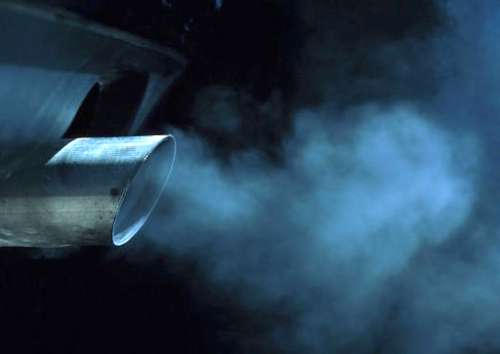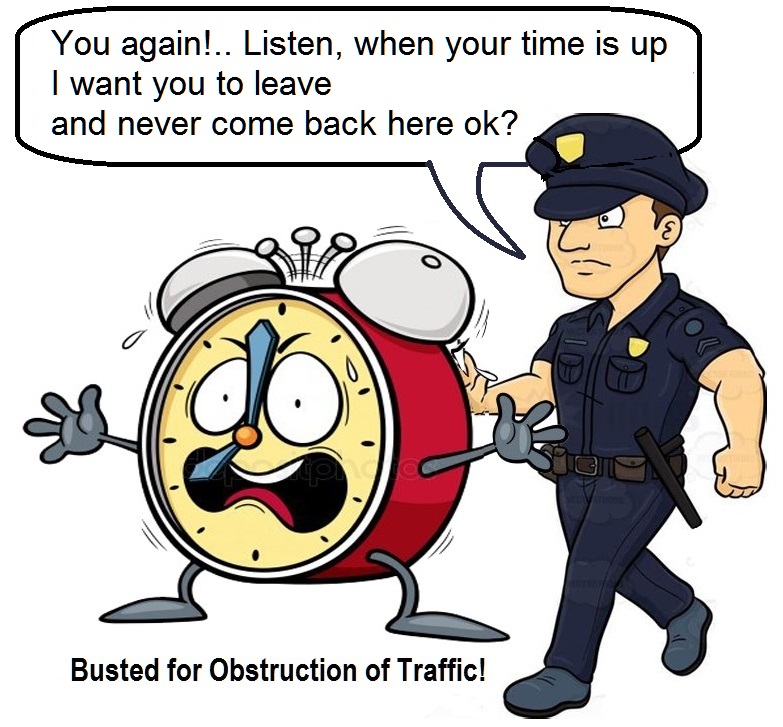For example, You have a Subaru Outback that has Collision Coverage with a $1,000 deductible. You rear-end another driver, meaning the fault is yours and your Subaru is damaged. The insurance pays for the other car damage. You take your Subaru to the body shop and the total cost to repair all the damage is $6,500. In this scenario, you would pay the body shop $1,000. This is your deductible. Once you have met your $1,000 deductible the insurance company will pay the remaining $5,500 to the body shop.
How does my deductible affect the cost of my insurance?
Generally, the lower your deductible, the higher the cost of your insurance will be. The higher your deductible is, the lower the cost of your insurance will be. This is because the insurance company is assuming more or less liability for repair costs.


